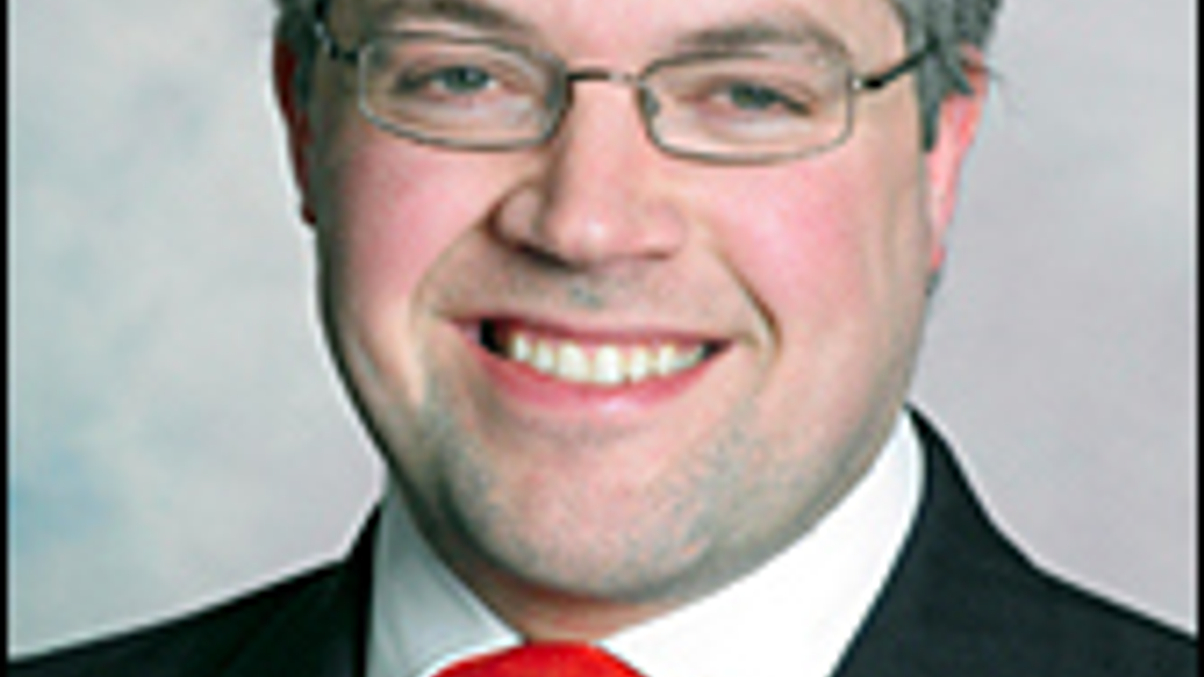Equity investors facing hunt for value in 2015
Equity outperformance in 2015 is not clear-cut, with observers spying pockets of value in Japan and Europe after the volatility of last year. But investors need to hunt for opportunities.

Wild swings in equities over the past year have hammered home the message that deeper analysis will be needed to locate value opportunities in 2015.
Sign in to read on!
Registered users get 2 free articles in 30 days.
Subscribers have full unlimited access to AsianInvestor
Not signed up? New users get 2 free articles per month, plus a 7-day unlimited free trial.
¬ Haymarket Media Limited. All rights reserved.


